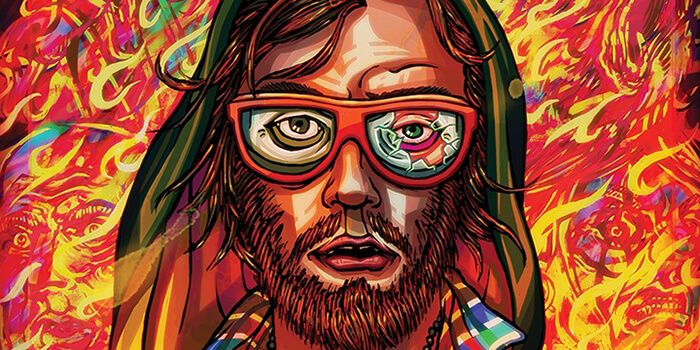The censorship of video games is a highly controversial topic, and one that has been with the industry for decades. Whilst many games are banned for violent or sexual reasons, it seems as though sometimes games are banned not solely based on the extremities of adult content. Somewhat bizarrely, the Family and Social Policies Ministry of Turkey has tried to ban Minecraft, whilst China banned Battlefront 4 over a perceived threat to national security in the China Rising DLC pack.
The country that is perhaps most infamous for banning video games is Australia, however. Left 4 Dead 2 was only available in a censored state for five years, whilst Saints Row 4 received an all-out ban. Most recently, Dennaton Games' Hotline Miami 2: Wrong Number was refused classification due to violent sexual content, leading to a particularly vicious back and forth between Devolver Digital and the classification board.
It's now been revealed that Hotline Miami 2 was not the only game to fall foul of Australian Classification Board in recent months - in fact, it looks as though the game has plenty of company. According to figures from the Australian Broadcasting Corporation, the country's classification board has banned upwards of 220 games in the last 4 months. That's more than the figures for the period of 1994-2014, when only 50 games were refused classification.
The refusal to classify a title in Australia means that it is then illegal for it to be sold, advertized, or even publicly exhibited in the nation. Although many of the titles that have been banned in the last four months have been minor games, going by names such as Drunk Driver and Douchebag Beach Club, titles such as Hotline Miami 2: Wrong Number have also faced the ire of the classification board.
There is, however, a specific reason for the spike in games being refused classification. An attempt has been made worldwide to try and bring classification to online storefronts, through the creation of the International Age Rating Coalition (IARC) tool. Australia has joined up to this pilot scheme with a start date of July 1, resulting in the classification board trying to get up-to-speed with the huge number of games available through online platforms.
A spokesperson from the Attorney-General's department shed more light on the news. "In preparation for the pilot, a large 'back catalogue' of games has been classified — more than 150,000 to date," said the spokesperson, who continued to state that it is not "realistic or practicable for the Classification Board to manually classify" each and every digitally-released game on the market. The Australian government will decide whether to continue with the scheme after taking part in a trial year.
What do you make of the news? Do you think that Australia's Classification Board is being too critical of video games? Or does the classification of digital-only games need a radical overhaul? Let us know in the comments below.
Source: ABC

